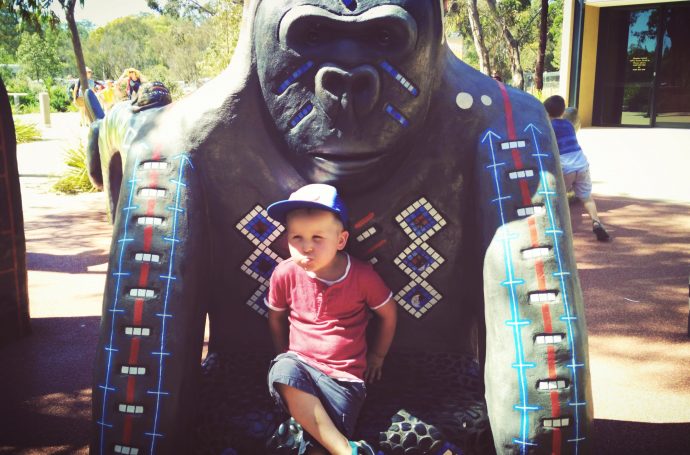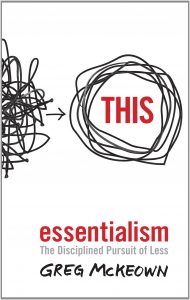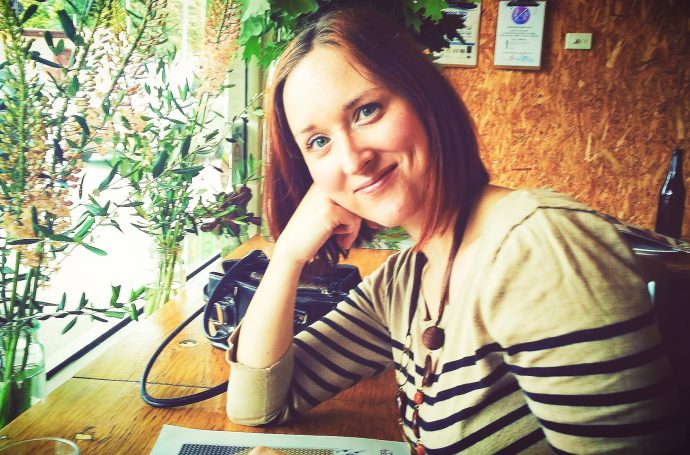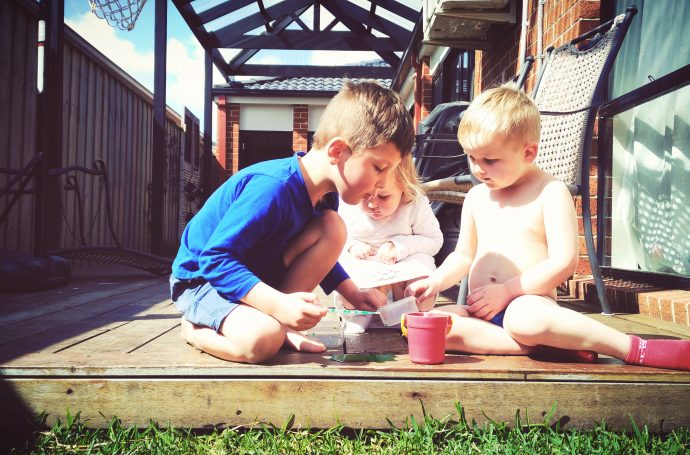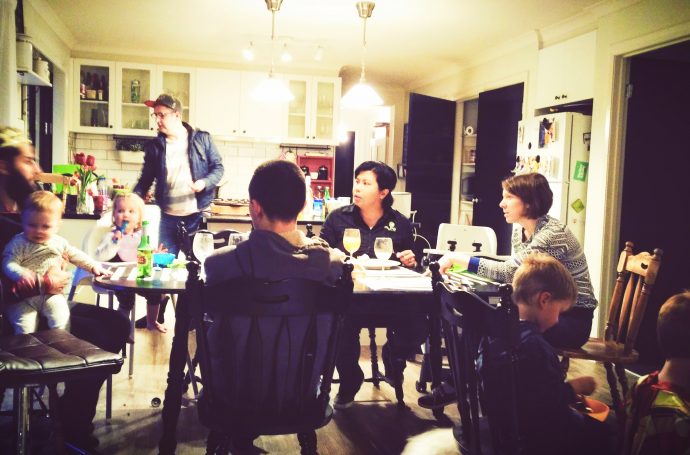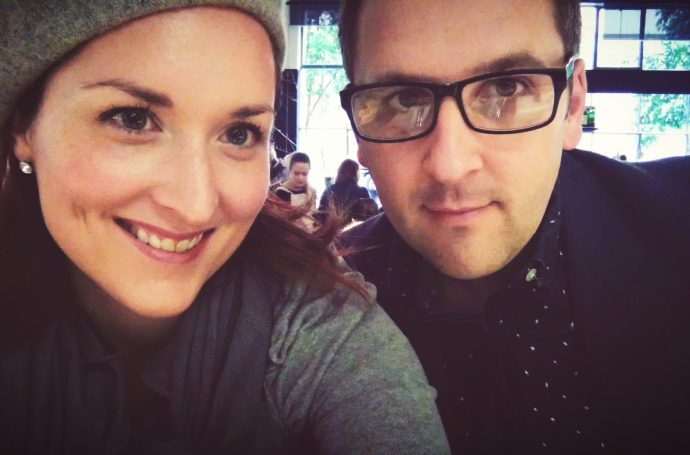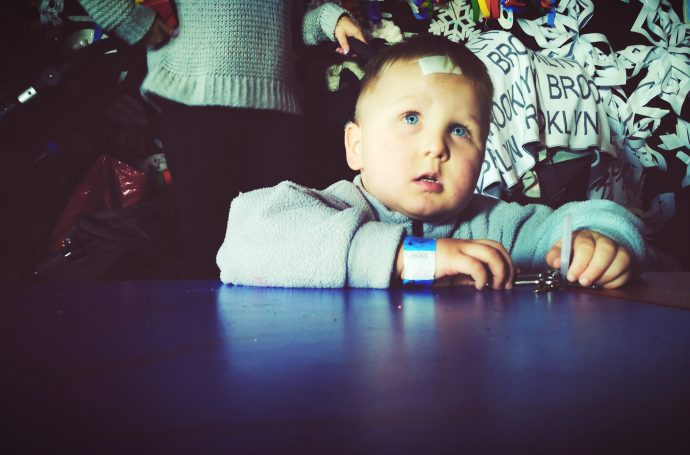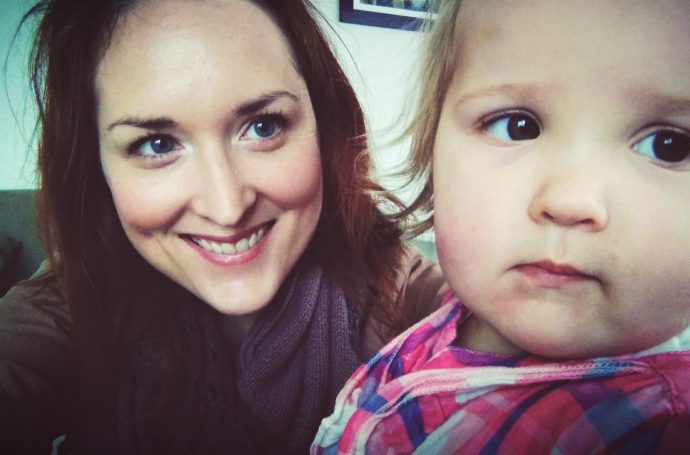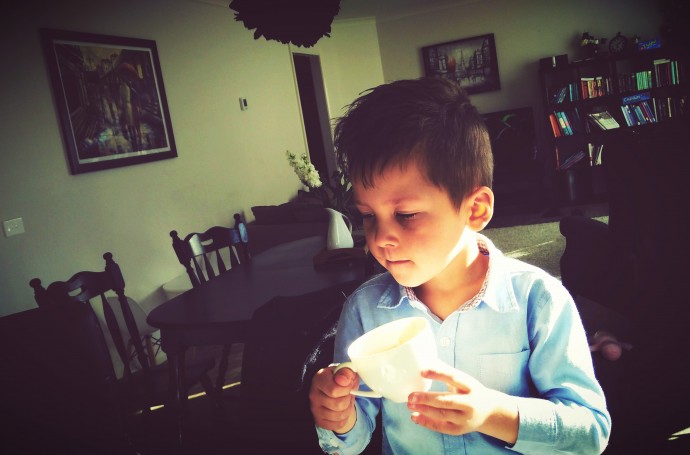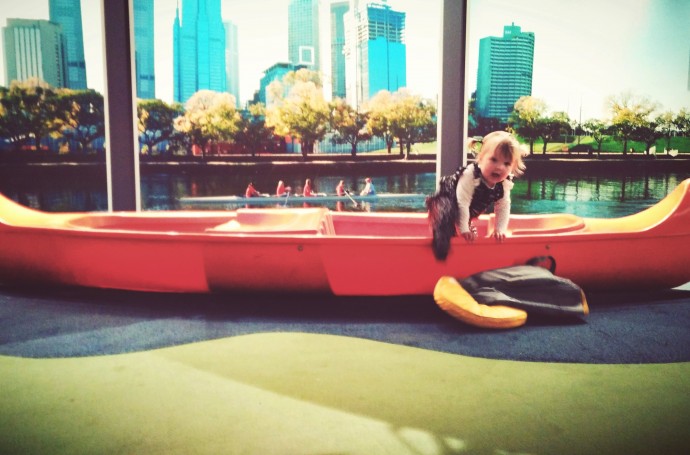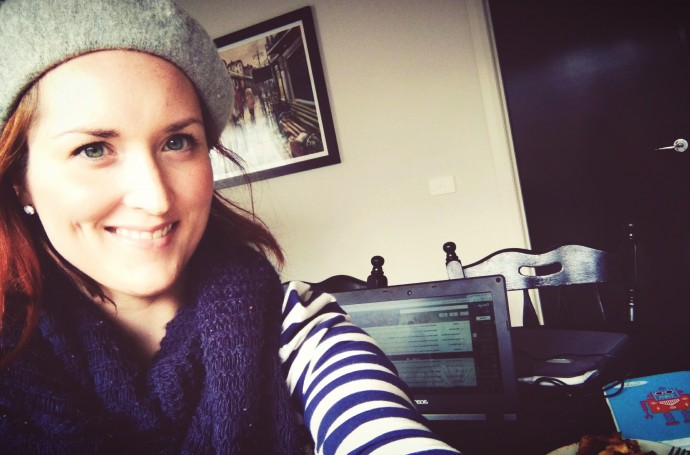I’m sitting in the car outside the doctor’s office, deep in the throes of my fourth Glucose Tolerance Test. For the uninitiated, that means three blood tests at varied intervals over a two hour period, after having drunk a sickly sweet syrup to check how my pregnant body is processing sugar. Fun times.
The process has prompted me to reflect on how much I have learned in the five and a half years since we became parents.
I don’t think I had any inkling of how motherhood would change me. I thought I was somewhat prepared, given that we chose (to whatever degree possible) the timing of when we wanted to delve into this life stage, and had enjoyed six years of just being ‘us’ before we added another human into the mix. Like everything else I turn my mind to, I wanted to be fully appraised of the situation before entering it, and I devoured book after book about parenting, breastfeeding and approaches to discipline. The books made it seem fairly straightforward and I constructed my own ideals of what type of parent I wanted to be, imagined what our life together would look like and launched myself into motherhood without looking back.
Along the way I have discovered – sometimes painfully – that life has a way of dodging around your expectations and teaching you surprising lessons that you may not have wanted to learn. From realising that each child is incredibly different and challenging in their own ways to figuring out that my illusions of control were just that. I have been stretched beyond what I thought possible at times – responding to illness, injury, catastrophe and the pressure of having multiple competing needs being pressed upon me at the same time. I have had to learn to take care of myself – giving myself grace when I screw it all up, treasuring the interests and practices that make me come alive, prioritising reflection and the space to figure out where it all went wrong.
Life – in its beautiful messy glory – prodded me into waking up, to be willing to consider the question of what I ‘intend to do with my one wild and precious life’ (as poet, Mary Oliver, so poignantly poses).
You know those moments when you pick up a book and it somehow magically begins connecting dormant thoughts and concepts into epiphanies? I’m living through ‘Essentialism: The Disciplined Pursuit of Less‘ by Greg McKeown right now. It isn’t the type of book I usually gravitate towards – having been written more out of a consideration of effective business practices and strategies – but there is something powerful that has been resonating with me throughout every page. McKeown champions practices that we often pay lip-service to – sleep, play, reflection and setting limitations – and elevates them to new heights of importance in helping us live a life of meaning and purpose. By putting more time into considering whether the actions we are investing into are the right ones for us, we can channel our energies far more effectively.
As a lawyer, I had the benefit of seeing very clearly how this philosophy played out:
My boss and mentor was exceptional – he had a high success rate in his cases, satisfied clients and was significantly respected in his field. He also had a very clear way of operating. He would refuse to take on any file where he doubted the veracity of the client, asked comprehensive questions about the facts before committing to the case and he wasn’t afraid to let go of clients who had become too taxing for the firm. When he did take on a case, he would clearly outline the plan and timeline as well as the expectation for any out of pocket expenses.
Another partner in the department was the opposite. He would accept any file that fell across his desk, make promises that he would struggle to deliver on and allow clients to dictate to him the terms and timeline of the case. He once had me take on an unwinnable case on the basis that ‘if she or her friends have an accident, they will come to us’. This pay off never eventuated as I invested far too many hours and court time trying to convince the Magistrate of an obscure point of case law and we all left that day feeling exhausted and defeated.
These remarkably different methods of approaching work made it clear to me which one led to better outcomes, and which one had an eventually disastrous impact upon one’s health. What I didn’t realise at the time was that my mentor was actually the perfect example of an Essentialist.
Now, my battles are not fought in the court room or in crisp documents, but in the living room over toys that haven’t been packed up and shoes that are still not on the right feet. But their ‘smallness’ doesn’t make them any less valuable. Applying the principles of Essentialism to parenting actually makes a lot of sense. By figuring out the overarching goals of what I want to achieve out of this life stage, the character traits I want to enforce, the kind of family I want to create – all of these are integral questions that enable one to pare back the craziness, focus on what really matters and foster routines that help me get to that point. Obviously, life doesn’t always go to plan and there will always be events and responses that are out of our control, but that doesn’t mean we can’t make the process a whole lot more meaningful in the every day.
Even if you just read the book to convince yourself of the importance of sleep and the ingenuity of play your time will not have been wasted. I suspect that it is one that I will be returning to time and time again.
Have you read ‘Essentialism’? What were your thoughts? What books have come at the right time for you and completely revolutionised the way you look at life? Follow me on Goodreads to keep up to date with what I’m reading.

